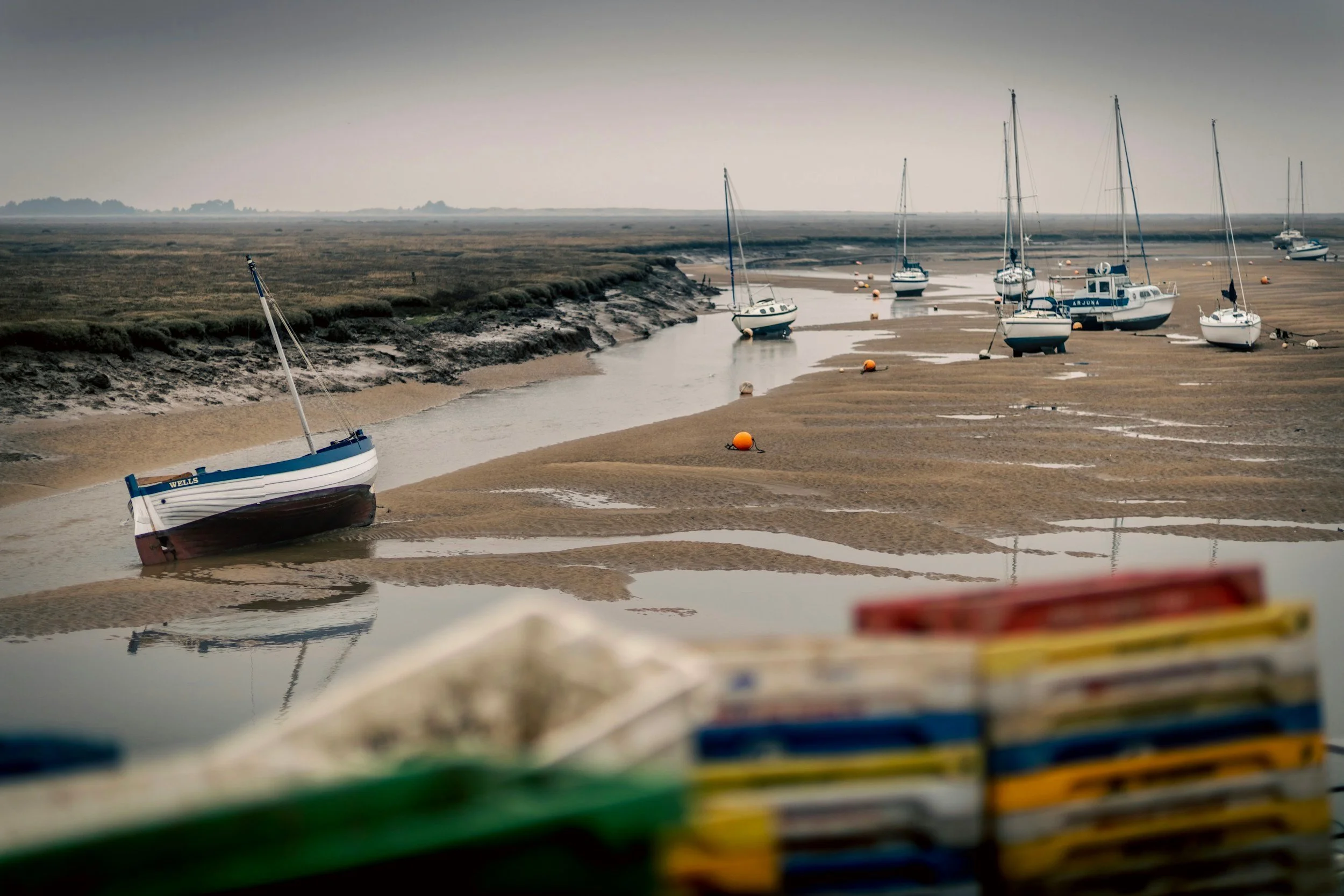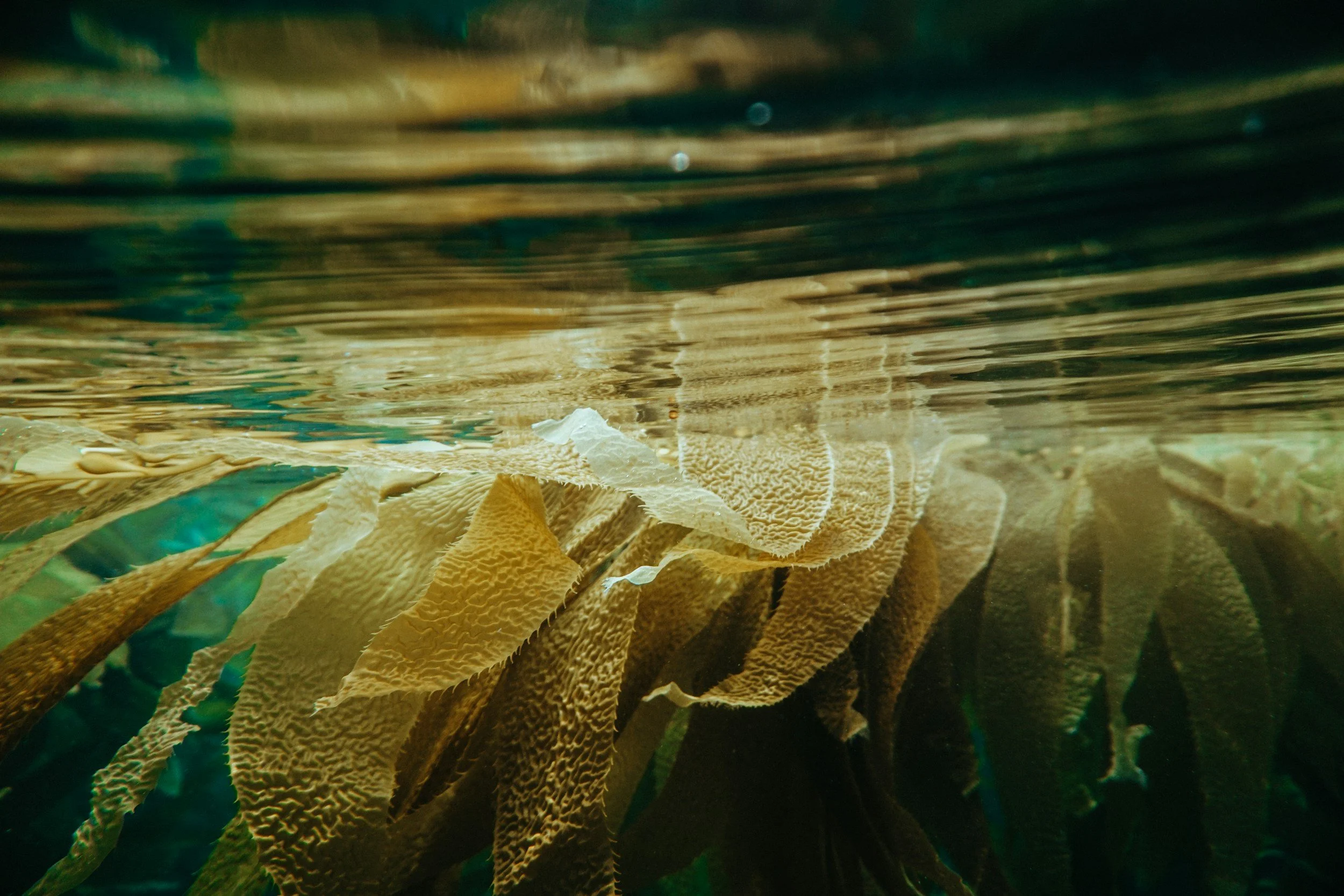coastal restoration
&
nature-based solutions
Coastal areas are among the most dynamic and valuable ecosystems on Earth, providing critical habitats, protecting communities from storms, and supporting local economies. However, these fragile environments are increasingly threatened by climate change, rising sea levels, and human activity. Coastal nature-based solutions offer a sustainable and effective way to address these challenges by harnessing the power of natural processes. By working with nature rather than against it, we can build resilient coastlines that benefit both people and the planet, ensuring a healthier, more sustainable future for all.
We are based in the heart of the North Norfolk, a biodiversity hotspot, home to vital coastal habitats like salt marshes, seagrass meadows, and historically native oyster reefs that support countless marine and bird species.
Our mission is to restore and protect the UK’s vital marine habitats while supporting communities and industries that depend on healthy oceans. From designing and implementing seagrass planting initiatives to advising on sustainable seaweed farming practices and leading native oyster reef restoration projects, we combine operational expertise with a passion for marine conservation.
Whether you’re a government body, private enterprise, or conservation organization, we work collaboratively to create measurable, long-term impacts for our oceans and planet. Together, we’re building a future where marine ecosystems thrive, coastal communities prosper, and nature and people coexist.
our mission
Native oyster Reef regeneration
European native oysters (Ostrea edulis) are ecosystem engineers, filtering up to 200 liters of water daily to remove pollutants and improve water clarity. Their reefs provide habitat for marine species, enhance biodiversity, and protect coastlines by reducing wave energy. Oysters also contribute to carbon storage through their shells. Once widespread, their populations have drastically declined due to overharvesting and habitat loss. Now functionally extinct, restoration projects are the only way to revive oyster reefs, thereby supporting marine ecosystems and coastal communities.
seaweed cultivation
Seaweed farming offers significant environmental benefits, including carbon sequestration and nutrient absorption, which help combat ocean acidification and eutrophication. It creates habitats for marine biodiversity and acts as a natural barrier, protecting coastlines from erosion. Economically, seaweed is a sustainable resource for food, biofuels, and bioplastics, reducing pressure on land-based agriculture. Its potential to support fisheries and mitigate climate impacts makes it a promising solution for a sustainable future.
Seagrass restoration
Seagrass meadows are vital marine ecosystems that sequester carbon up to 35 times faster than tropical rainforests, playing a key role in mitigating climate change. They improve water quality by filtering pollutants and trapping sediments, while providing critical habitats for species like fish and seahorses. Their dense root systems stabilize coastlines, reducing erosion and storm damage. Despite their importance, seagrass meadows are declining globally, making restoration efforts essential for marine health and climate resilience.




